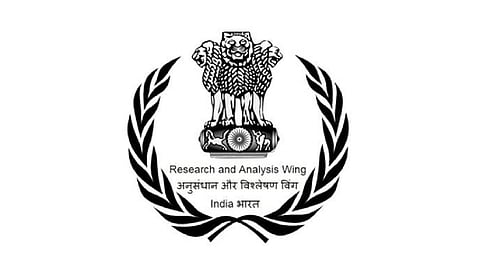

NEW DELHI: The government on Saturday issued an order appointing 1989-batch Indian Police Service (IPS) officer of Punjab Cadre Parag Jain as the next Secretary of Research and Analysis Wing (R&AW) for a tenure of two years.
Jain will replace Ravi Sinha, a 1988-batch IPS officer of Chhattisgarh cadre, as he will complete his tenure as the chief of the R&AW on June 30 and Jain will take over from him on July 1.
In an order the Department of Personnel & Training (DoPT said, “The Appointments Committee of Cabinet has approved the appointment of Shri Parag jain (PB:89) to the post of Secretary, Research & Analysis Wing (R$AW) under the Cabinet Secretariat for a tenure of two years from the date of assumption of the charge of the post or until further orders,whichever is earlier, in terms of provisions of FR 56 (d) and Rule 16 (1A) of All India India Service (Death-cum-Retirement Benefits) Rule, 1958.”
Jain is currently heading the Aviation Research Centre, which played a critical role during Operation Sindoor, by collecting intelligence about Pakistani armed forces and the exact locations of the terror camps situated in the neighbouring country.
Jain is also credited with playing a key operational role during the terrorism days in Punjab. He had served in Bhatinda, Mansa, Hoshiarpur districts of Punjab as SP and was SSP Chandigarh and DIG Ludhiana in the past.
Jain has also handled Pakistan in India’s external intelligence agency with tenures in Jammu and Kashmir during abrogation of Article 370 and Operation Balakote.
The next R&AW chief has always been an unassuming officer while serving in Canada and in Sri Lanka as Indian representative in the respective missions there. During his Canada posting, he had taken on the Khalistan ecosystem there and had then warned Delhi that it was becoming something dangerous.
With Jain taking over from Sinha after next Monday, India’s external intelligence agency would needs an overhaul as it was found wanting during Maldives and Bangladesh crisis in the past two years.
The R&AW’s role becomes very important considering the fact that Asim Munir has become a Field Marshal with cross border terrorism against India high on the government’s agenda.
Given that India has suspended the Indus Water Treaty, it is anticipated that Pakistan will continue to use terrorism as a proxy to strike back and for that India’s external intelligence needs to improve its ground activities rather than purely relying on technical inputs.